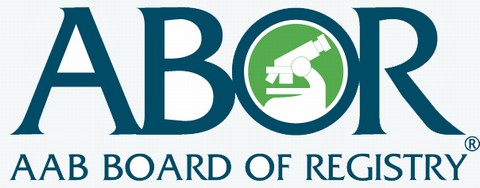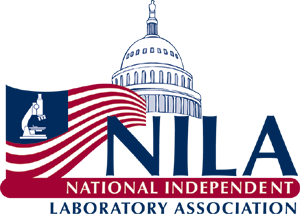By Brett Norman
PoliticoPro
Clinical lab advocates are reeling from the confirmation of $2.7 billion in cuts in the payroll tax and SGR deal that emerged Thursday afternoon, saying they were blindsided by the reductions that weren’t part of the mix until this week.
The 2 percent cut to the lab fee schedule in 2013 would pile on top of already deep cuts delivered by health reform — totaling about 19 percent over 10 years.
If sequestration takes effect next year and imposes an additional 2 percent cut, labs would face a reduction in Medicare payments over the next decade approaching 25 percent, said Alan Mertz, president of the American Clinical Laboratory Association.
“And that’s just unsustainable for many labs,” he said. “We are deeply concerned because there was no discussion of this cut in the conference committee until Tuesday — literally nobody had heard about it until Tuesday night — and there has been no deliberation on the impact it will have.”
In the supercommittee discussions last fall, requiring co-pays or co-insurance for lab services was considered, but not additional fee cuts. That was due in part, Mertz says, to the fact that those had already been slashed under the Affordable Care Act.
While robust profits at some of the largest publicly traded companies, such as Quest and Labcorp, may make it seem like there’s room for trimming payments, the same is not true of the smaller companies that often service smaller or rural markets, said Julie Allen, a director at Drinker Biddle who represents the National Independent Laboratory Association.
The cuts could be devastating to the smaller businesses in particular, many of which provide testing services to long-term care facilities in underserved markets, she said.
“This has nothing to do with policy. It’s a numbers game and it got thrown on the table in the last hour of negotiations because it’s easy to score and score quickly,” Allen said.
Clinical labs are fighting on other fronts as well. As they increasingly move into the expanding personalized medicine market of developing tests — especially genetic screens — they want to avoid being caught up in FDA’s regulatory net.
The country’s 225,000 clinical labs currently pay user fees to CMS, which is charged with ensuring quality lab testing under the Clinical Laboratory Improvement Amendments.
The FDA so far has opted not to regulate the tests through its standard premarket device approval channels, but as the tests grow rapidly in number and sophistication, the agency has wanted to reserve the right to do so.
The American Clinical Laboratory Association refused to sign on to the medical device user fee agreement struck with other stakeholders earlier this month, because FDA would offer no assurances that the tests would continue to be exempted.
The 2.3 percent medical device tax scheduled to take effect in 2013 will further strain labs’ bottom lines. Although it doesn’t apply to lab tests developed in-house, Mertz says, it does apply to much of the equipment that labs buy to provide their services.
- About
- Membership
- Certification
- Continuing Education
- ABB/PEER Approved Continuing Education Programs
- Guidelines for Documenting Continuing Education
- How To Earn Continuing Education Credit
- Guidelines for Writing Examination Questions
- Submit & View Your CE Credits
- AAB Online Courses
- ABB CE Policies
- PEER - Application for Program Approval
- Printable CE Recording Form
- Activities
- News






